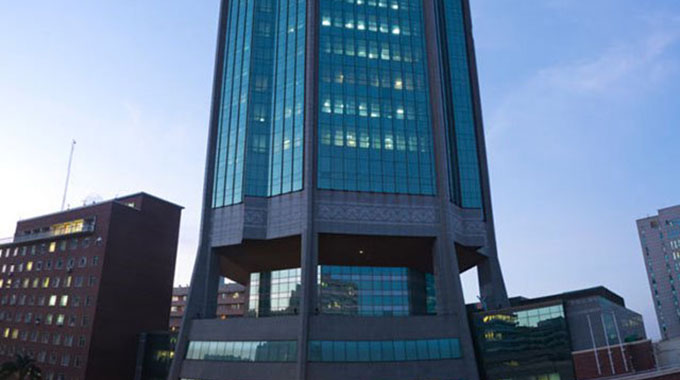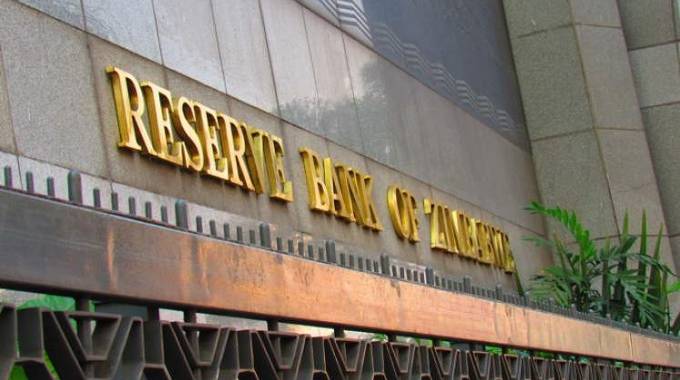RBZ to stabilise interbank market

Martin Kadzere Senior Reporter
The Reserve Bank of Zimbabwe (RBZ) intends to participate on the interbank market through injecting more liquidity to curb pressures on the local currency and enhance efficient allocation of foreign currency, Governor Dr John Mangudya has said.
Only banks are allowed to participate in all dealings in interbank market operations.
The central bank floated the exchange rate in February this year to allow importers and exporters to trade the interim RTGS currency and other foreign currencies.
Prior to the launch of the foreign currency market, the exchange rate between the US dollar and the surrogate bond notes — introduced in December 2016 to partly ease cash shortages — was fixed at 1:1. It started trading at 2,5 against the greenback.
The liberalisation of the exchange market was part of boarder currency reforms, which saw Zimbabwe re-launching domestic currency in June after outlawing the multi-currency system adopted in 2009 following the collapse of the Zimbabwe dollar.
The value of local currency has since plunged 85 percent against the US dollar since February 23.
The Monetary Policy Committee feels the participation of the central bank will help boost liquidity, ensure stable exchange rate and enhance foreign currency allocation.
About US$1,3 billion has been purchased on the interbank market since February.
“The committee noted that the volumes of trades conducted on the interbank market to date are significant but calls for further improvements,” Dr Mangudya told journalists on Tuesday.
“As the central bank, we are working on a facility to ensure that at least we also increase funding into the interbank market. We are going to be more efficient in disbursing those funds.
“This should ensure stable exchange rate and efficient foreign exchange allocation through the market.”
The Economist Intelligence Unit (EIU), a British business arm within the Economist Group which provides advisory services through research and analysis, recently said that local currency is expected to largely stabilise next year before it starts firming against the US dollar on the back of growing confidence in the domestic currency.
According to EIU, the domestic currency would firm to an average of $10 against the greenback in 2021, and to an average of 6,1 the following year, as inflation moderates, exports increase and the country realising more foreign direct investment.
“For the interbank market to gain significant traction, we need a stable exchange rate to entice the holders of the (US) dollars,” economist Mr Brains Muchemwa said.
However, the RBZ’s participation “would be ideal” using forex reserves than borrowed money, Mr Muchemwa said.
Dr Mangudya said the improvements on the exchange market would encompass broadening the scope on permissible products that Bureaux de Change offer to complement the activities of the banks “under a well regulated operational framework”.
MPC member Professor Ashok Chakravati, said while it was commendable that the interbank trades have been increasing, a more stable exchange rate would deepen the market.
The nine-member MPC is chaired by Dr John Mangudya. Other members include the RBZ deputy governors Dr Kupukile Mlambo and Dr Jesiman Chipika, industrialist and former Confederation of Zimbabwe Industries president Mr Kumbirai Katsande, former ABC Holdings chief executive Doug Munatsi, economist and former Bulawayo South legislator Eddie Cross, Professor Theresa Moyo and Mrs Marjorie Ngwenya.










Comments